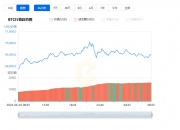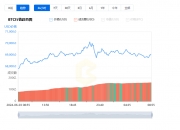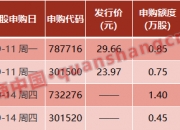比特币和以太坊作为两种主流加密货币,近年来在全球范围内备受瞩目,然而在中国的法律监管下,它们的合法地位却备受争议。
Bitcoin and Taipa, two mainstream encrypted currencies, have gained global visibility in recent years, yet their legal status has been disputed under Chinese law.
在中国,比特币和以太坊并不被认可为法定货币,也没有得到官方的承认。2013年,中国人民银行等七部委发布了《关于防范比特币风险的通知》,指出比特币不是货币,不能流通作为货币在市场上使用。
In China, Bitcoin and Etheria are not recognized as legal currencies and are not officially recognized. In 2013, seven ministries, including the People’s Bank of China, issued a Notice on Protection against Bitcoin Risk, stating that Bitcoin is not a currency and cannot be used as a currency in the market.
与此同时,中国监管部门也多次对加密货币进行打击,封禁了一些比特币交易平台,并对涉及比特币交易活动进行查处。这表明中国政府对加密货币的态度较为谨慎,对其合法性持保留态度。
At the same time, China’s regulatory authorities have repeatedly attacked encrypted currency, blocking a number of bitcoin trading platforms, and investigating transactions involving bitcoin. This suggests that the Chinese government is more cautious about encrypted currency and has reservations about its legitimacy.
然而,需要指出的是,在中国并没有明确的法律规定禁止持有或交易比特币和以太坊。因此,一些人认为在中国拥有比特币和以太坊并不违法,只是要注意遵守相关法规,避免触犯法律。
It should be noted, however, that in China there is no explicit legal provision prohibiting the holding or trading of Bitcoin and Etheria. Thus, some believe that the possession of Bitcoin and Etheria in China is not illegal, but rather that they should be careful to comply with the relevant regulations and avoid violating the law.
综上所述,比特币和以太坊在中国的合法性存在一定的争议,没有明确的法律规定认定其合法地位。持有和交易加密货币需谨慎对待,遵守相关法规,避免违法行为。
In the light of the foregoing, there is some controversy over the legitimacy of Bitcoin and Ether in China, and there is no clear legal provision establishing its legal status.
注册有任何问题请添加 微信:MVIP619 拉你进入群

打开微信扫一扫
添加客服
进入交流群




















发表评论